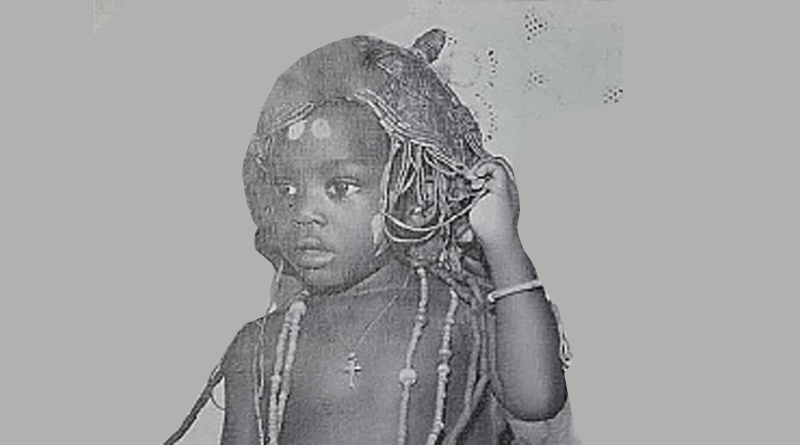At age two, most kids would be playing games or having fun with other kids, but Benjamin Ikenchukwu Keagborekuzi I wasn’t one of them. He had been crowned king or Dein of the Agbor Kingdom, a traditional Nigerian state in Delta State, Nigeria, at that young age. Keagborekuzi I, who was born on June 29, 1977, also established a record when he was sworn in as the world’s youngest monarch in 1979.
His coronation, which was noted in the 1981 Guinness Book of World Records at the age of only 28 months, came after the tragic passing of his father, James Obika Ikechukwu, the reigning Agbor monarch at the time. At that time, hereditary succession was the custom for taking the throne. This custom was established in 1270 AD, under the reign of Dein, who bears the name of the current dynasty of Agbor rulers.
Based on particular records, the historic kingdom of Agbor has never been vanquished, not even by the nearby Benin Kingdom. The Ogiso, Ogene, and Dein dynasties, including the current one, make up the bulk of its three different dynasties. Dein, the founder of the third dynasty of the Agbor aristocracy, ruled for 37 years (1270–1307 AD) before dying.
Dein Owuwu, his son, was crowned king. One source claims that Owuwu ruled for 26 years (from 1307 to 1333). The coronation of Keagorekuzi I took place in October 1979. This occurred following the death of his father, who had ruled for 11 years.
At the age of just two and a half years old, Keagorekuzi I succeeded his father as the kingdom’s 18th ruler. But Keagorekuzi I and some of the royal family fled abroad owing to security concerns, mostly related to the viability of the stool. Keagorekuzi I stayed there for around 25 years before recently returning to his kingdom. Since then, he has united his followers behind the throne, maintained peace, and implemented reforms to enhance the quality of life for his people.
Nigeria, a constitutional democracy, chooses its representatives, but the hundreds of ethnic communities dispersed around the nation continue to recognize their own traditional leaders. Agbor’s citizens struggled while their monarch was away.

“Really, my stay abroad affected the development of the kingdom 100 per cent. We are talking about 25 years of not having their king around,” Keagorekuzi I told The Punch recently. “Certainly, my long stay abroad caused huge problems and we are still dealing with them because the majority of Agbor people grew up without knowing their king, so they don’t know what it takes to serve a king anymore. Now we are learning almost from the scratch.”
Although he said it has been “very difficult,” Keagorekuzi I stated that the chance to effect change is the most intriguing aspect of being a monarch. He expressed concern that Nigeria is “moving backwards” rather than utilizing its rich mineral resources. The antagonism he faces from the ruling class is his other obstacle as the Dein (king) of Agbor.
“Let me tell you the truth, if the elite in Agbor cooperated with me, I would have made Agbor like Dubai,” he said in his interview with The Punch. “If they [elite] would work with me in Agbor; in five years, I would make Agbor so beautiful and functional that the government of the day would be forced to know it is so possible,” he said in 2019.
Despite the difficulties, the 44-year-old continues to be one of Nigeria’s most publicly exposed rulers. In addition to being a guest of honor and speaker at celebrations for Belgium King’s Day and Spanish Day, he was also a guest of the German Embassy during the visit of the German Chancellor to Nigeria. During the Queen of England’s visit to Nigeria, the Federal Government also invited Keagorekuzi I to host her.
He has also received invitations to visit other African and European countries. In 2006, the then-President of Nigeria, Olusegun Obasanjo, named him the Chancellor of a University, making him, at the age of 29, the youngest Chancellor of any university in Africa, public or private.
 The African History Truly African
The African History Truly African

